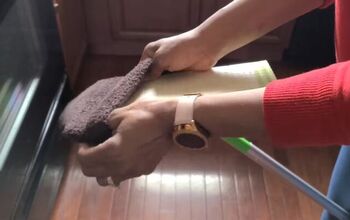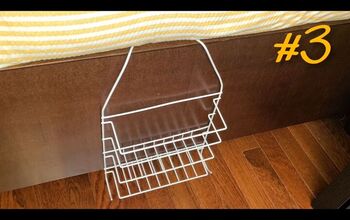10 Simple Principles of Money to Help Your Family Budget

I boiled down most of the different money management programs to 10 simple principles of money. You can easily follow them when you're setting up your family budget. When you're navigating the maze of budgeting options that are out there and available to families, it does help to see examples of what other people are doing.
If you want to grow wealth and build a financially secure retirement and possibly early retirement, there are a few points that you have to stick to.
10 Principles of money
1. No more debt balances
Number one across all of the programs was no more debt, and I mean no more balances. We are a completely no-credit card family, but you can still use credit cards in many of these programs. You don't carry balances, so you don't have any debt.
2. Pay off debt
The number two principle in all of the most popular platforms is if you have debt, pay it off. Don't continue to pay interest; focus and pay off your debts.
3. Set goals
The number three principle is to set goals to dream big, dream in color, and dream often. This is where Scott and I lost our way. We were so bogged down in our 20s, trying to attain the degrees and all those things you need to be financially secure and then working on building our family that we quit dreaming. From our twenties and thirties, our dreams changed, and yours will too, but if you quit dreaming, you have nothing to work towards.
When it came to our late thirties, and we realized retirement might be something we wanted to think about, we wished hard that we had started dreaming a lot earlier. Don't just dream, though. Dreams do absolutely nothing if you don't have a plan to get there.
4. Write down your goals and your plan
You have to write down your goals and create a plan to get there. Do you need more income coming into your home? Do you need to lower your expenses? Do you need to move so you're not so house poor? That was one of the ones that we had to do.
Create a vision board. Create a debt payoff wall. Create a savings wall like we have. We have a finance wall in our house that keeps us motivated, with different charts to track what we're doing and keep us motivated and pushing toward our dreams.
5. Get an accountability partner
I'm married, so I have a built-in accountability partner. If you're not married, get one of your most trusted friends with good money habits, not your friend who spends money faster than she makes it. You need a reliable friend with good money habits who will help you keep and stay on track.
Having an accountability partner that will look at you when you go, I want that $200 pair of shoes. They're going to go, no, you don't need a $200 pair of shoes. What's the next step in your financial plan? You need someone who can hold up a mirror and stop you when you need it most.
6. Grow up
I needed to hear that when I was 35. Grow up. Stop falling into the comparison trap. I spent so much of my life so incredibly insecure that I cared too much about what other people thought about what I was doing. That's because I was immature in myself. Quit caring what other people think. Stop comparing yourself to others. Put your big girl panties on and tell yourself no to get where you want.
7. Work on whatever program you choose with intensity
When I say intensity, I mean with a singular focus. Work hard, work fast, and work long. Work harder than you ever have in your entire life and make adjustments where you need to.
8. Celebrate your successes
Maybe not so much in Dave Ramsay, but in several other budgeting programs, it is essential to celebrate your successes, no matter how small. You don't have to spend money to celebrate your success but celebrate them just the same.
Did you pay off a credit card? Fantastic. Go get yourself your favorite bottle of wine; as long as it doesn't cost $300, go out to dinner with your spouse. A budget dinner, but go out to dinner with your spouse. Take your family for ice cream if you have kids, but celebrate your small successes.
Those small celebrations keep you moving forward and from feeling so deprived of what could be a long marathon and not a sprint.
9. Know what works for you
All of these different budget programs say that their way is the highway. Honestly, the thing that I got out of all of them was that it was what worked for them. People did what worked for them.
My husband and I stick to a cash budget because that works for us. Some people do much better tracking their spending on a digital app. Figure out what works best for you and run with it.
10. Don't spend more than you make
The last thing that was the same across all of the budgeting experts. If you are overspending in your budget, you've got to stop it right now. Don't spend more than you make. In every expert's financial course, they say don't spend more than you make.
In a nutshell, it all comes down to this. Inventory yourself. Inventory your life. Identify changes that need to be made and make them. You have to make the changes it's all about. Intentionality. Is something you did today going to move you forward toward your financial goals?
I know it is an absolute minefield to navigate. I was trying to figure out how to do budgeting with so many people's expert advice. I still research everything.
10 Principles of money
What principles of money do you struggle with the most? What have you seen a lot of success with? Share your experiences in the comments below.





















Comments
Join the conversation